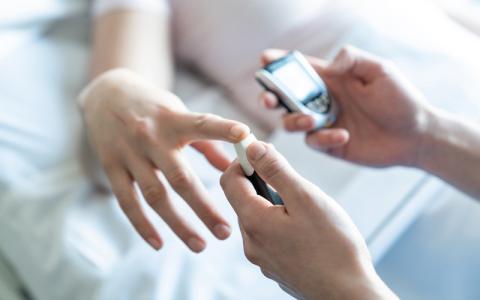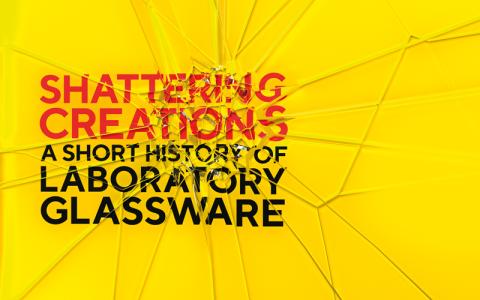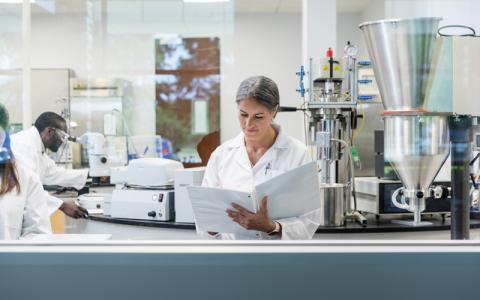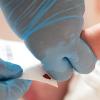Clinical Chemistry
Robust verification
Dan Kelly, POCT Hub Lead at Spire Healthcare, looks at POCT verification processes, from equipment checks to reviewing decision levels and confirmatory testing in hub laboratories.
Shattering creations: a short history of laboratory glassware
Specialist Biomedical Scientist Stephen Mortlock looks at the development of lab glassware, from early experiments and alchemy to the classic designs throughout the ages.
External quality assessment
Rachel Marrington and Finlay MacKenzie with a practical guide to external quality assessment in clinical chemistry.











